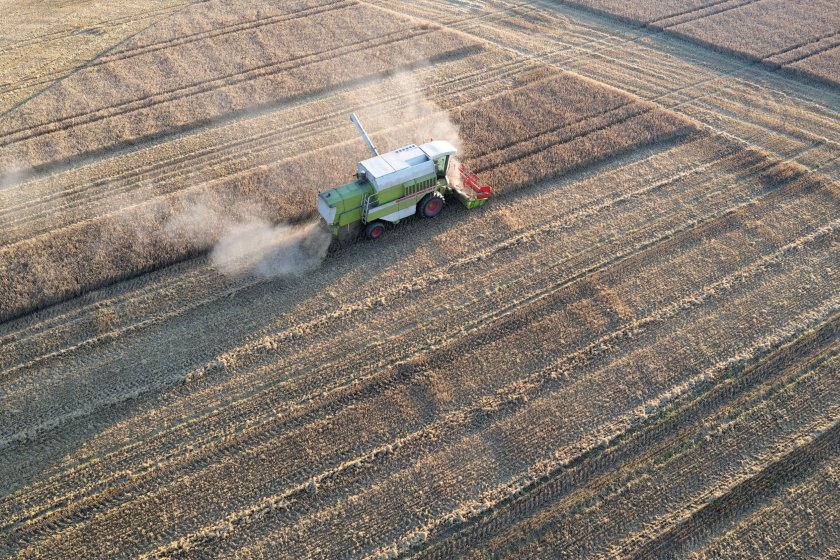
A group of farming and research organisations are teaming up to better understand the research and innovation priorities for UK farmers and growers.
Farmers will be asked in a series of workshops what research would be most useful to their business, now and in the long term.
It is part of an initiative taking place this autumn by groups such as the NFU, AHDB, Linking Environment and Farming (LEAF), and Innovative Farmers, among others.
They will hear views from all major agricultural sectors and across a wide diversity of farming systems.
Researchers say the need for on-farm innovation has never been more urgent, with the industry grappling with rapid changes in policy and trade, as well as heightened volatility, and the climate crisis.
Professor Tom MacMillan, of the Royal Agricultural University (RAU), and one of the organisers, said: "Research is vital to help understand these challenges and find ways to address them.
"As researchers, there is certainly more we can do to make sure our work is truly relevant on the ground.”
The workshops are supported by organisations including Innovate UK and the Agricultural Universities Council (AUC), which brings together 16 UK universities that carry out research in agriculture.
In May, the AUC published its joint research strategy setting out how the universities would work together to help address challenges facing farming.
Top of the list was working more with farmers to understand their priorities and shape the research agenda.
Dr Helen Ferrier, chief science advisor for the NFU, is part of the commissioning group for this work and will be hosting workshops.
She said: “It is so important that the voices of farmers and growers are heard when research strategies are developed.
"These are the people who will be turning scientific knowledge into practice in their businesses and they therefore play a key role in enabling government funding to show a return on investment.
“The positive impact of innovation in our sector can be extremely significant if the research and development and knowledge exchange system works well."
